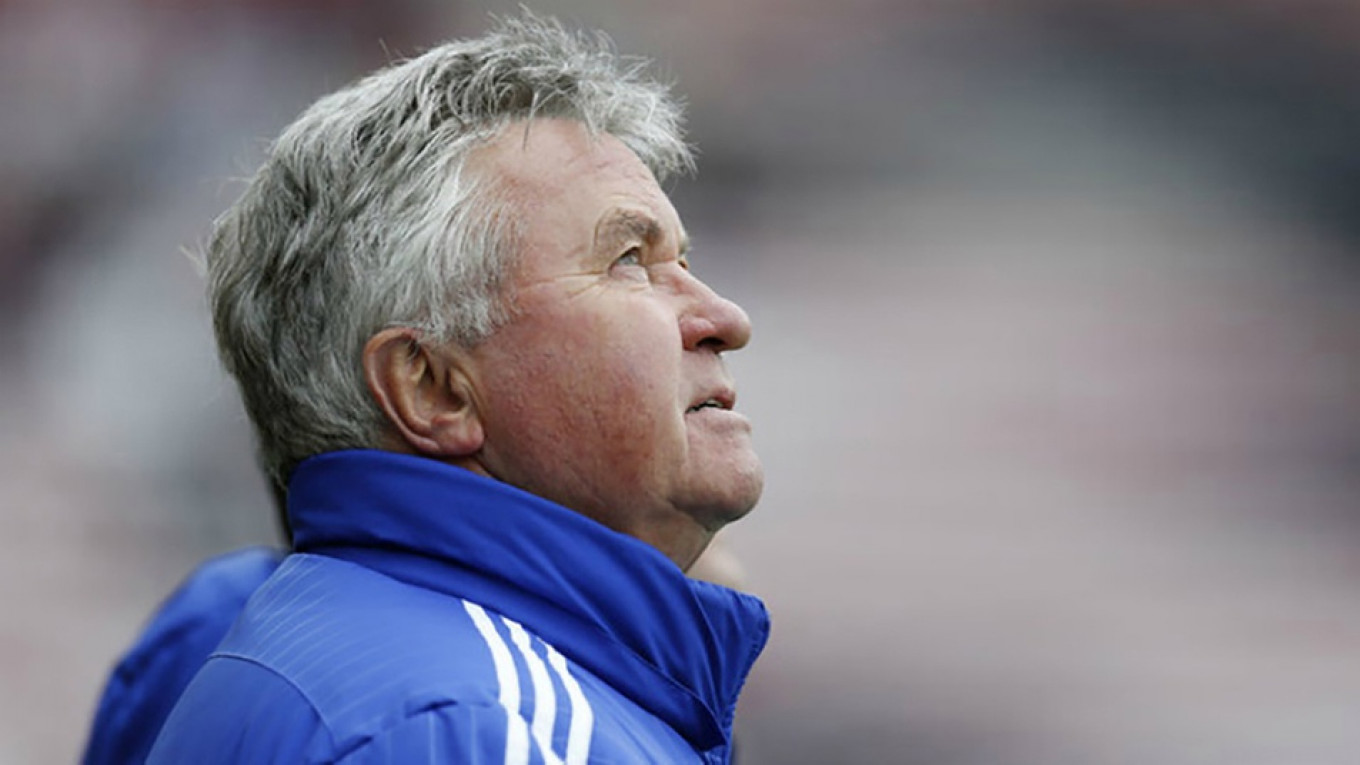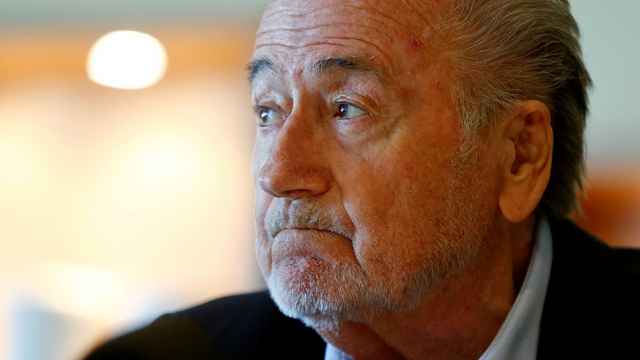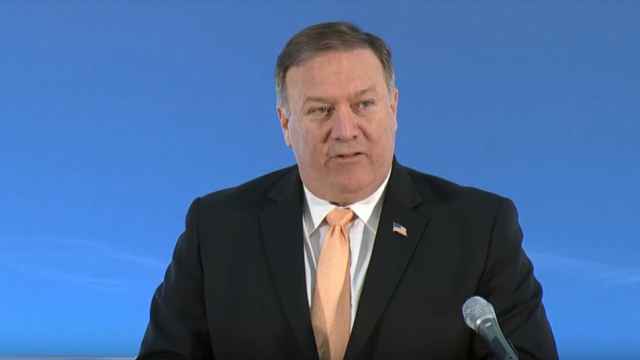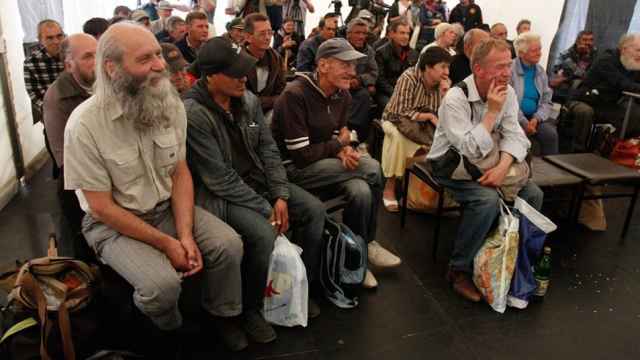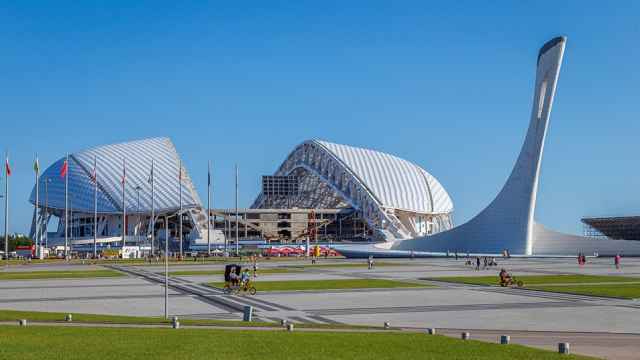Guus Hiddink has overseen his fair share of shock World Cup successes.
In 2002, the Dutch football coach led South Korea, a country which had never left the group stage, to the tournament’s semifinals. In 2006, he shepherded Australia into the knockout rounds for the first time in its history, too.
Then, in 2008, he oversaw one of Russia’s most resounding triumphs: its run to the European Championship semifinals. For his achievement, he was honored with a patronymic — Ivanovich — and a decade later, fans still recognize him around town.
Considering the man knows something about the Russian national team, it seemed pertinent to ask him how this year’s line up has been able to stun the world. (Full disclosure: Before the tournament, Russian football pundits and I all suggested the team would crash out early and hard.)
On Wednesday afternoon, several days before the team’s quarterfinal meeting against Croatia, we met at a hotel in central Moscow. One of the apartments at the hotel, which is adjacent to the State Duma building, was Hiddink’s home for the five years he spent as Russia’s coach.
“The first thing I discuss before taking a position as a national team manager is my housing,” he said. “You need to feel like you’re at home to do well.”
If you don't get the results, you are crucified. If you get the results, they make you a saint.
Unlike Hiddink, Russia’s current coach, Stanislav Cherchesov, is a born-and-bred Russian. Gruff, mustachioed and ever-serious, he could not feel more at home than at this World Cup.
Yet before the tournament kicked off, his team had gone without a win in its last seven matches. It had only registered one shot on target in its final two games. Russia was also the lowest ranked team going into the tournament.
The team’s record had not gone unnoticed. Days before the first match on June 14, Ivan Urgant, a popular late-night host, poked fun at Cherchesov, suggesting fans grow mustaches in support. “Everything is against him now: expectations, the weather, the laws of physics, the anatomy of certain footballers and just plain-old logic,” the host said.
But Hiddink gives full credit to Cherchesov. “If you don’t get the results you are crucified,” he said. “But if you get the results, they make you a saint.”
Hiddink especially applauded the coach for Russia’s victory on Sunday against tournament heavyweight Spain in the round of 16, one of the most historic upsets in World Cup history.
“It was not the most attractive,” he said of Russia’s strategy to sit back for 120 minutes before squeaking by on penalty kicks. “But it was very pragmatic.”
“Because the way they set up their two walls of five players in front of a very good goalie,” he said, “Spain did not have the power to overcome it.”
When Hiddink visited the team a few days before that match, he told the players their already garnered success was “unexpected for me.” After, Hiddink stood by his pre-World Cup pessimism: “Nothing about their play said: ‘Hey, this team is growing towards becoming a competitive tournament team.’”
A favorable draw starting with Saudi Arabia and Egypt played into the team’s hands, Hiddink said. By the time they faced Uruguay (a 3-0 loss), they had already qualified for the knockout rounds. “Now you can use the momentum, plus the support of the public,” he told me.
Even if Russia advances all the way to the final, however — or even if it lifts the trophy — Hiddink still believes that an emphasis on youth development is essential if Russia is to see sustainable success on an international level, not just Cinderella runs once every decade. This was one of his main points of criticism when we last spoke in the fall. This week, Hiddink did not see any reason to believe much had changed.
“Russians like victories, that’s for sure,” he said, pointing to the recent groundswell of patriotism, with thousands of Russians spilling out into the streets to celebrate the victories against Egypt and Spain. Referring to the yearly celebration of the Soviet victory over Nazi Germany, he added: “It’s not for nothing that there are still such large May 9 celebrations, right?”
Still, Hiddink hopes the Russian team doesn’t get ahead of itself before Saturday night’s quarterfinal in Sochi. “Croatia is a smart team,” he said. His prediction for the match? “Anything can happen in football.”
Evan Gershkovich is a reporter at The Moscow Times. The views expressed in opinion pieces do not necessarily reflect the position of The Moscow Times.
A Message from The Moscow Times:
Dear readers,
We are facing unprecedented challenges. Russia's Prosecutor General's Office has designated The Moscow Times as an "undesirable" organization, criminalizing our work and putting our staff at risk of prosecution. This follows our earlier unjust labeling as a "foreign agent."
These actions are direct attempts to silence independent journalism in Russia. The authorities claim our work "discredits the decisions of the Russian leadership." We see things differently: we strive to provide accurate, unbiased reporting on Russia.
We, the journalists of The Moscow Times, refuse to be silenced. But to continue our work, we need your help.
Your support, no matter how small, makes a world of difference. If you can, please support us monthly starting from just $2. It's quick to set up, and every contribution makes a significant impact.
By supporting The Moscow Times, you're defending open, independent journalism in the face of repression. Thank you for standing with us.
Remind me later.



